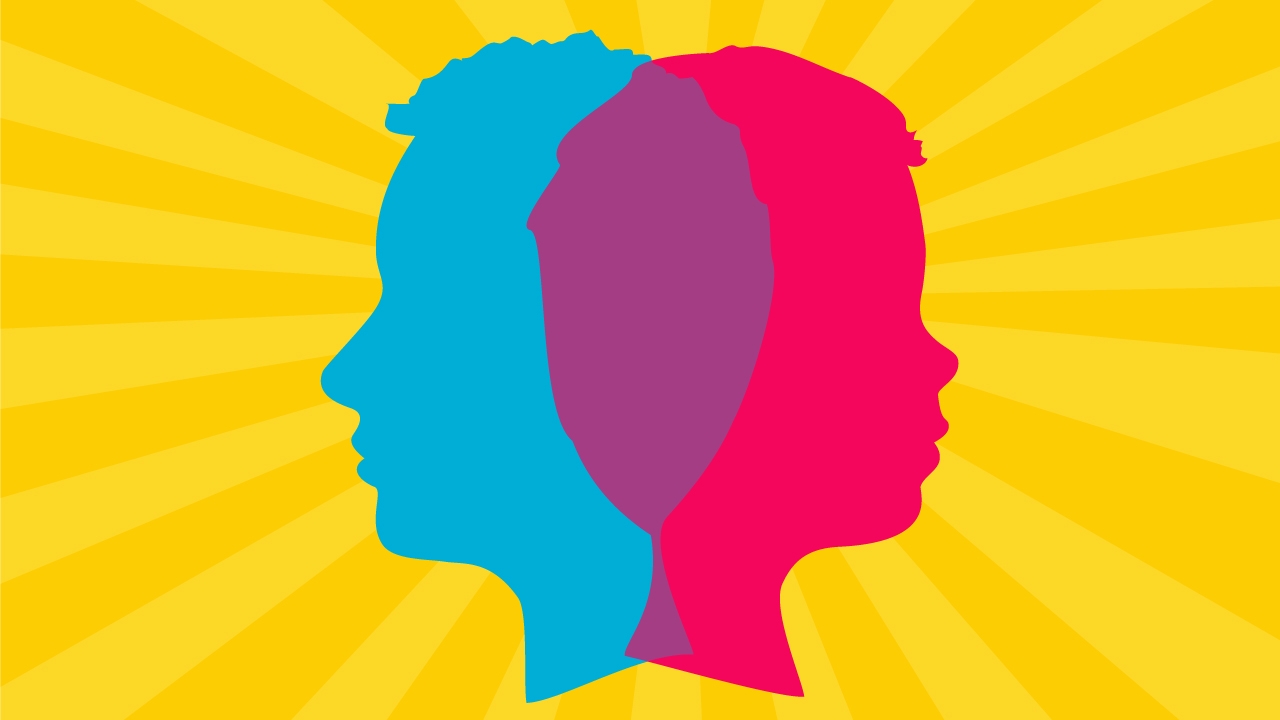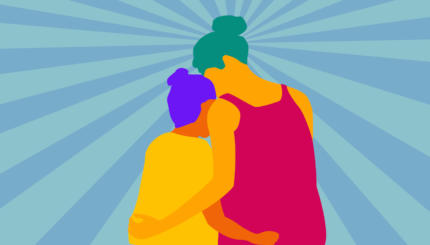Where does Judaism come down on whether or not you can forgive someone who hasn’t asked for it?
There’s an old Buddhist story of two monks traveling together. At one point, they came to a river with a strong current. As the monks were preparing to cross the river, they saw a woman also attempting to cross. She asked if they could help her.
The two monks glanced at one another because they had taken vows not to touch a woman. Then, without a word, the older monk picked up the woman, carried her across the river, placed her gently on the other side, and continued on his journey.
Two more hours passed, then three, and finally the younger monk could not contain himself any longer. He blurted out, “As monks, we are not permitted a woman. How could you then carry that woman on your shoulders?”
The older monk looked at him and replied, “Brother, I set her down on the other side of the river. Why are you still carrying her?”

Help us keep Jewish knowledge accessible to millions of people around the world.
Your donation to My Jewish Learning fuels endless journeys of Jewish discovery. With your help, My Jewish Learning can continue to provide nonstop opportunities for learning, connection and growth.
While it is not a Jewish story, I think of it often when I consider teshuva (repentance), forgiveness, and the baggage we carry.
In our tradition, the onus of forgiveness falls on the one who is seeking it if you have wronged someone, it is your responsibility to ask forgiveness, and to change your behavior to make it clear that your apology is sincere. When the process works, teshuva creates the opportunity for deep repair and renewal of relationships.
But what happens when it doesn’t? What happens when — come Yom Kippur — you are waiting for someone to ask for your forgiveness, and then they don’t? Maybe you are a survivor of abuse, domestic violence or sexual assault. Maybe you feel betrayed by a friend or a mentor. Must you forgive?
Maimonides seems to push the limits of forgiveness, suggesting that:
When one person sins against another, [the victim] should not harbor hatred and remain silent. … Rather, it is incumbent upon them to speak [to the assailant] and to say, “Why have you done such and such and why have your sinned against me [by doing] such and such? … If the [aggressor] repents and asks for forgiveness, he must forgive. The forgiver must not be cruel.” (Hilchot De’ot 6:6)
With full disclosure, I am deeply uncomfortable with this text; I think it could be dangerous and damaging in a number of situations. Sure, there might be a scenario in which Maimonides’ advice could open up a meaningful dialogue and path to reconciliation. But far more often, I think this sort of interaction would open up emotional pain and distress. Nowhere in the Jewish legal tradition does it suggest that, in cases such as abuse, it is up to the survivor to open the dialogue with his or her perpetrator.
Rabbi Moshe Halbertal describes an opening of dialogue as forgiveness that precedes forgiveness. He explains that it is an act of grace that does not obviate the need for real teshuva, but rather makes it possible. Nor is it required or expected according to Jewish law, Halbertal goes on to say.
Atonement, in Jewish tradition, requires accountability. While we are obligated to forgive the perpetrator who has apologized and started the hard work of behavioral change, when those two elements are not present, we have no obligation to forgive. But, as with the monks above, we may choose — through our own internal work — to eventually let go.
(Rabbi Sari Laufer is the director of congregational engagement at Stephen Wise Temple in Los Angeles. A cum laude graduate of Northwestern University Rabbi Laufer was ordained by Hebrew Union College-Jewish Institute of Religion, Los Angeles in May 2006. Prior to coming to Wise, Rabbi Laufer spent 11 years as the assistant and associate rabbi at Congregation Rodeph Sholom in New York City.)
teshuvah
Pronounced: tuh-SHOO-vah, (oo as in boot) Origin: Hebrew, literally “return”, referring to the “return to God” teshuvah is often translated as “repentance.” It is one of the most significant themes and spiritual components of the High Holidays.

Help us keep Jewish knowledge accessible to millions of people around the world.
Your donation to My Jewish Learning fuels endless journeys of Jewish discovery. With your help, My Jewish Learning can continue to provide nonstop opportunities for learning, connection and growth.



